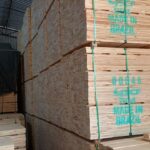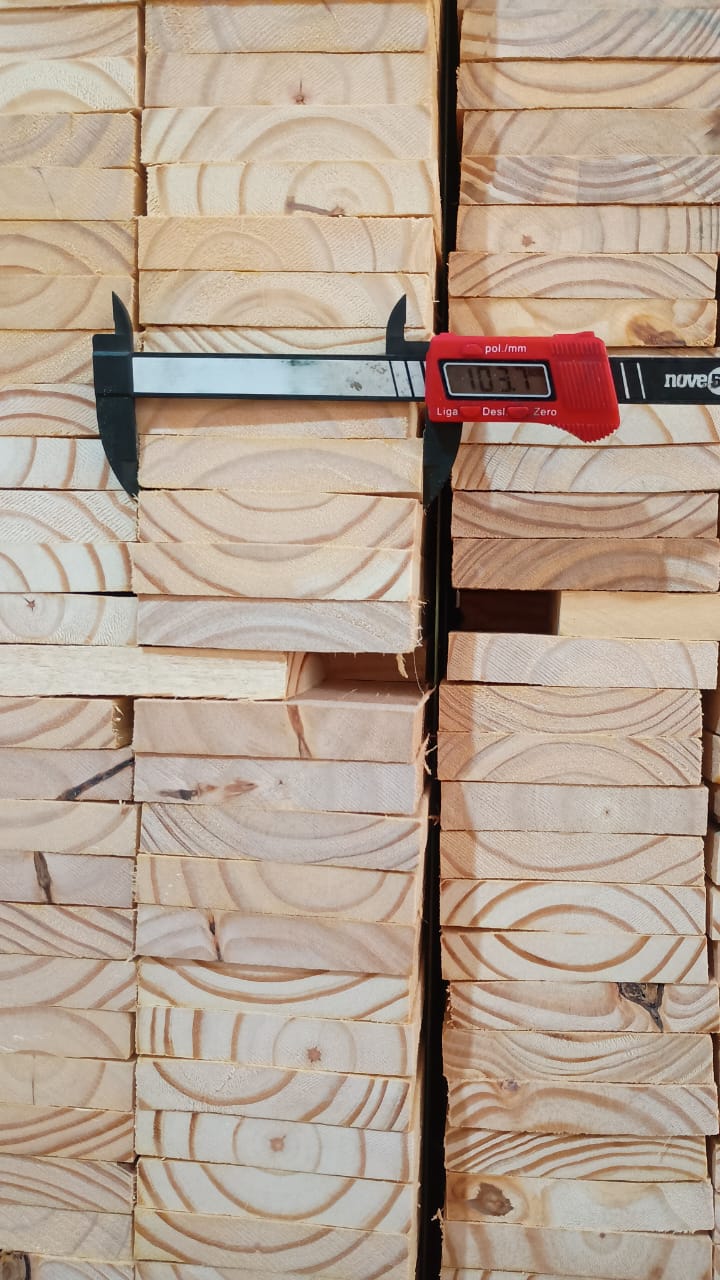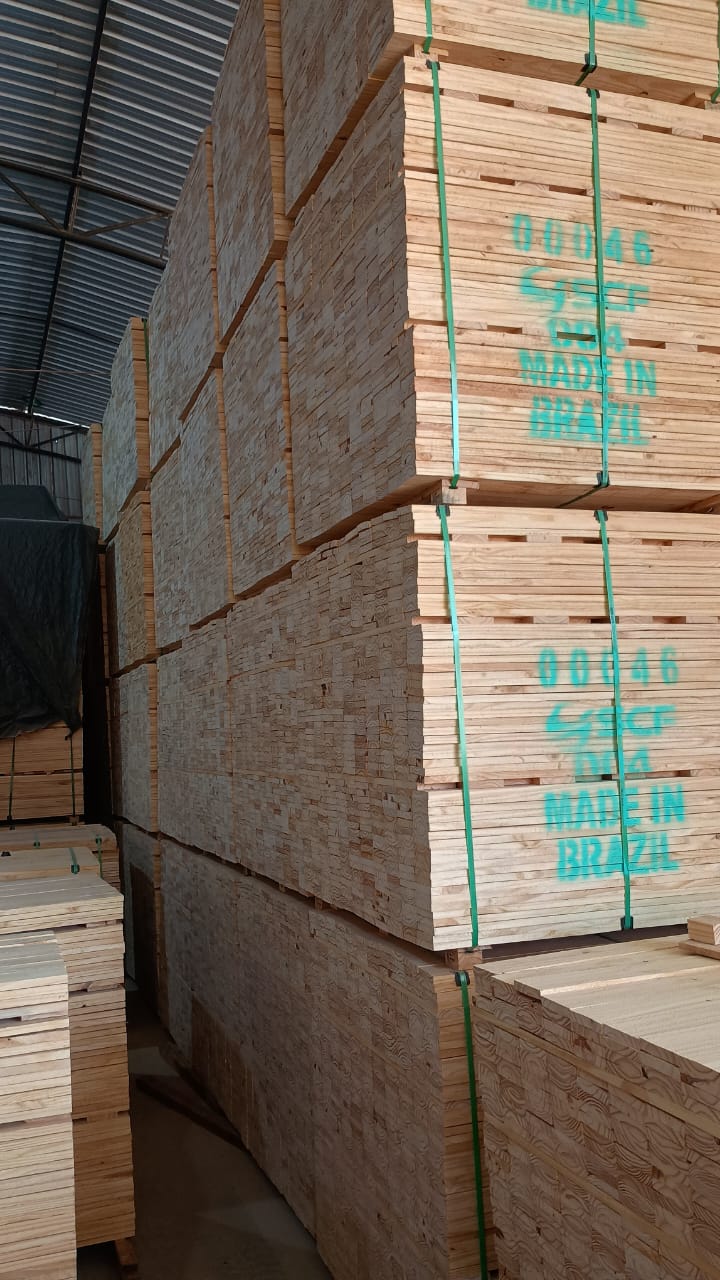The global trade landscape is in a state of flux, marked by ongoing tensions and strategic pauses. A significant development has emerged from the European Commission, which has announced a temporary pause on counter-tariffs, signaling a willingness to engage in negotiations with the United States. This decision, while offering a potential pathway to de-escalation, creates a dynamic environment with implications for various industries, including the softwood lumber sector. Amidst these shifting sands, Brazilian softwood exporters have an opportunity to strategically position themselves in the U.S. market, and SCF Global Trade (www.scfbr.com) stands ready to assist companies in navigating these complex trade dynamics.
The European Commission's Pause: A Window for Negotiation
The European Commission's decision to temporarily halt counter-tariffs comes as a strategic move to facilitate dialogue and explore potential solutions to trade disputes with the United States. This pause reflects a desire to avoid a full-blown trade war, which would have detrimental consequences for both economies. The decision is being seen as a diplomatic move to foster a positive environment for negotiations, and allows both sides to come to the table without the immediate pressure of escalating tariffs.
This pause, while welcomed by many, introduces a period of uncertainty. The outcome of the upcoming negotiations will significantly impact the future of transatlantic trade, potentially reshaping market access and competitive dynamics for various sectors.
Implications for the U.S. Softwood Lumber Market
While the European Commission's decision directly affects transatlantic trade, it also indirectly impacts the U.S. softwood lumber market. Any shift in trade relations between the U.S. and Europe can influence global supply chains and create opportunities for alternative suppliers.
Specifically, the following scenarios could unfold:
- Potential for Increased U.S. Focus on Diversification: If the U.S. perceives ongoing trade uncertainty with Europe, it may further emphasize diversifying its supply chains across various sectors, including softwood lumber. This could make Brazilian softwood a more attractive option.
- Influence on Global Lumber Prices: Changes in trade flows between the U.S. and Europe can influence global lumber prices. If European demand for U.S. lumber fluctuates, it could create price volatility, offering opportunities for Brazilian exporters to strategically position their products.
- Shifting Trade Priorities: The U.S. may prioritize trade agreements with countries that offer stable and reliable supply chains. Brazil, with its growing and sustainable forestry sector, can present itself as a dependable partner.
- Indirect Impact on Canadian Lumber: If the US and EU come to agreements, this may change the leverage that the US has in other trade disputes, including the one with Canada.
Brazil's Strategic Opportunity: Capitalizing on the Trade Landscape
The European Commission's decision, coupled with the ongoing U.S.-Canada softwood lumber dispute, creates a unique window of opportunity for Brazilian exporters to increase their presence in the U.S. market.
Key advantages for Brazilian softwood:
- Diversification of Supply: The U.S. market is actively seeking to diversify its lumber sources, and Brazil can offer a reliable alternative to Canadian and potentially European supplies.
- Competitive Pricing: With potential price volatility due to trade tensions, Brazilian softwood, with efficient logistics, can offer competitive pricing.
- Sustainable Forestry: Brazil's commitment to sustainable forestry practices aligns with the increasing demand for environmentally responsible sourcing in the U.S. market.
- Established Trade Relations: Existing trade ties between Brazil and the U.S. provide a foundation for expanding softwood lumber exports.
Challenges and Considerations for Brazilian Exporters
To effectively capitalize on this opportunity, Brazilian exporters must navigate several challenges:
- Tariff and Regulatory Compliance: A thorough understanding of U.S. tariffs and import regulations is crucial.
- Logistics and Transportation: Efficient logistics are essential to ensure timely and cost-effective delivery.
- Quality Standards: Meeting the specific quality standards and building codes of the U.S. market is paramount.
- Competition: Other softwood exporters are also vying for a larger share of the U.S. market.
- Market Fluctuations: Global trade is dynamic, and Brazilian exporters must be prepared for market fluctuations.
SCF Global Trade (www.scfbr.com): Your Strategic Partner in Navigating Global Trade
In this complex and evolving trade environment, expert guidance and support are essential. SCF Global Trade (www.scfbr.com) offers a comprehensive range of services to help Brazilian companies navigate the challenges and capitalize on the opportunities presented by the shifting global trade landscape.
How SCF Global Trade can assist your company:
- Market Intelligence and Analysis: SCF Global Trade provides in-depth market analysis of the U.S. softwood lumber sector, including demand trends, pricing dynamics, and regulatory requirements. This intelligence empowers Brazilian exporters to make informed decisions.
- Tariff and Trade Regulation Guidance: SCF Global Trade offers expert advice on U.S. tariffs and import regulations, ensuring compliance and minimizing trade barriers.
- Logistics and Supply Chain Optimization: SCF Global Trade assists in optimizing your supply chain, identifying reliable shipping partners, and managing customs procedures.
- Market Entry and Business Development: SCF Global Trade provides guidance on market entry strategies, identifies potential U.S. buyers, and facilitates introductions.
- Quality Assurance and Compliance: SCF Global Trade helps Brazilian producers meet U.S. quality standards and connect with certification services.
- Risk Management: SCF Global Trade offers solutions for mitigating risks, including trade finance and risk assessment services.
- Building Strategic Partnerships: SCF Global Trade leverages its network to connect Brazilian exporters with potential U.S. partners.
- Customized Solutions: SCF Global Trade provides tailored solutions to address your company's specific needs and objectives.
Seizing the Moment: A Strategic Imperative
The European Commission's decision to pause counter-tariffs and engage in negotiations with the U.S. creates a dynamic trade environment with significant implications for the softwood lumber sector. Brazilian exporters have a unique opportunity to strategically position themselves in the U.S. market by offering a reliable and sustainable alternative. By leveraging the expertise and support of SCF Global Trade (www.scfbr.com), Brazilian companies can effectively navigate the challenges and capitalize on the opportunities presented by the shifting global trade landscape. The time to act is now, to build strong trade relationships and establish Brazil as a key player in the U.S. softwood lumber market.












